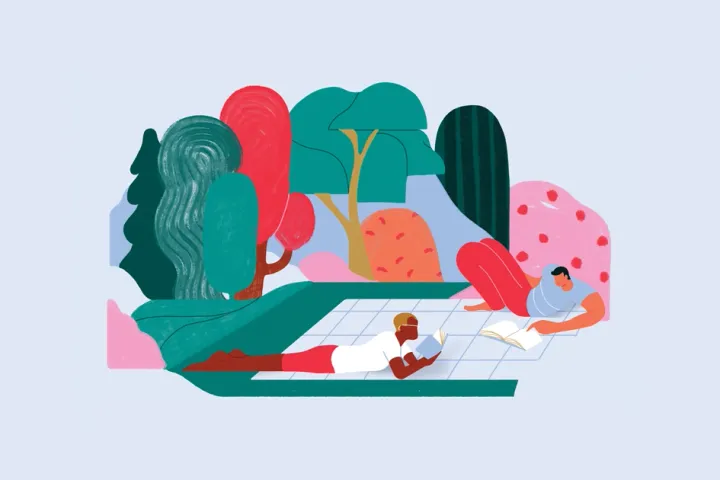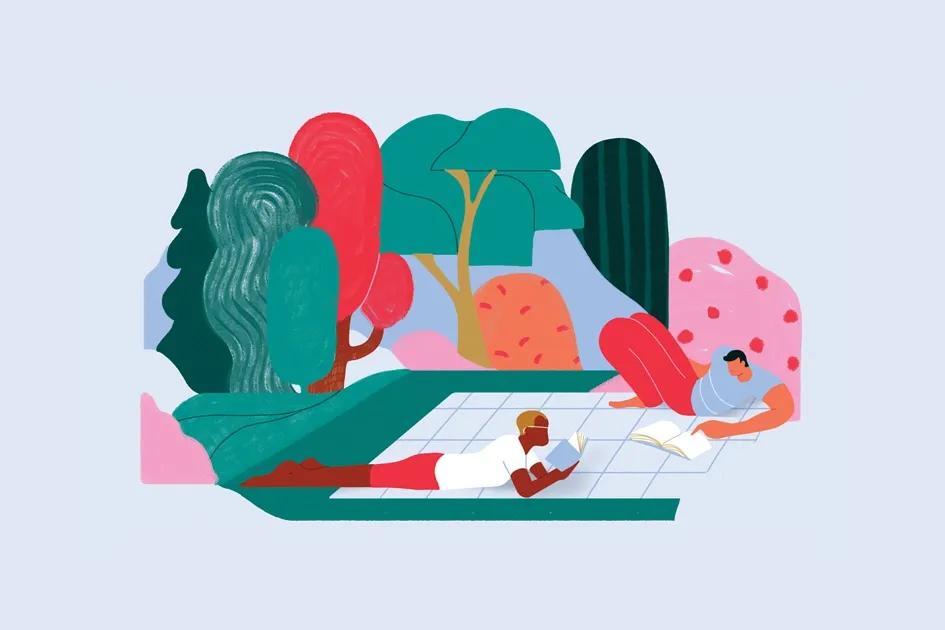When I was a journalism student, the advisor of our college newspaper, Marilyn Walker, regularly warned us about the dangers of anonymity. She wouldn’t allow us to publish unsigned letters to the editor. We couldn’t quote unnamed sources. And only in the rare instance that a story was about a minor could we omit the name of our subject.
Anonymity undermined journalistic integrity and accountability, Mrs. Walker claimed. Of course, those were the days before the internet, before chat rooms and blogs, before Facebook and Twitter. Now, journalists may still war against the dangers of anonymity, but that’s hardly a mantle the rest of us have taken up.

It’s true that not all anonymous acts, online or otherwise, are evil. Often, people use anonymity to protect themselves and others by exposing injustice or illegal activity. But too frequently, the anonymity of the internet, whose distance and invisibility allow us to feel anonymous even when our name and face are included next to our posts, has created a stream for evil to run through our lives, and few of us know what to do about it.
According to a recent Time magazine article by Joel Stein, this “online disinhibition effect” happens when “factors like anonymity, invisibility, a lack of authority and not communicating in real time strip away the mores society spent millenia building.” Sure, we could blame the negativity on “trolls,” who like to get a rise out of people by being far-fetched and comment without regard for anyone reading. But we’ve all read posts by our own neighbors or former classmates or children—or even ourselves—that create uneasiness in the pit of our stomach and cause us to shake our head with disapproval. She would never have said that to his face, we think.
As children of light, we have the opportunity to bring the light of God to every corner of the internet we occupy.
The problem with anonymity is that usually we don’t know who’s reading. Sometimes, we directly engage individuals whom we know nothing about. Navigating conversations with an unknown audience is like walking into darkness. There may be no impediments, nothing standing in my way. On the other hand, there might be. We begin to fear what we don’t know.
So how do we navigate online spaces without losing the “mores” of our society and our faith? In 1 Thessalonians 5:5, the apostle Paul writes, “You are all children of the light and children of the day. We do not belong to the night or to the darkness” (NIV). As children of light, we have the opportunity to bring the light of God to every corner of the internet we occupy, simply with our presence. That is, if we are being the light.
Be “sober, having put on the breastplate of faith and love, and as a helmet, the hope of salvation” writes Paul (1 Thessalonians 5:8). “Encourage one another and build up one other, just as you also are doing” (1 Thessalonians 5:11). We bring light to our online interactions to the extent that we express the faith, hope, and love of the one true Light.
We are obligated to know what we are talking about, and we are responsible to know to whom we are talking.
Being light in the darkness also means honoring the truth. First, we are obligated to know what we are talking about. In other words, be quick to fact-check and slow to repost, as James might warn us in the internet age (James 1:19). At the same time, we are responsible to know to whom we are talking. A friend of mine often reminds others on Facebook threads that all kinds of people are likely reading, including people who disagree and those who might be hurt by the opinion being expressed. Of course, that doesn’t mean we never express an opinion, but we do so, as Paul did, by becoming all things to all people for the sake of the gospel (1 Corinthians 9:19-23).
Finally, the best way to bring light to our online interactions is to gauge them by our in-person relationships. Of course, some of us struggle to connect deeply with others in person because of geography, circumstances, or even personality types. But using the in-person test—Would I say it this way to an individual or group if they were sitting across the table from me?—helps us to treat all the “one anothers” in our lives, both online and in-person, with the love and concern the Bible calls us to.
The evil that exists all around us too often finds its way into the intimate spaces of our life through our online access and digital devices. We can oppose evil, however, by resisting the ease of anonymity and finding new ways to know and connect with people both online and in-person.
Illustration by Jeff Gregory





